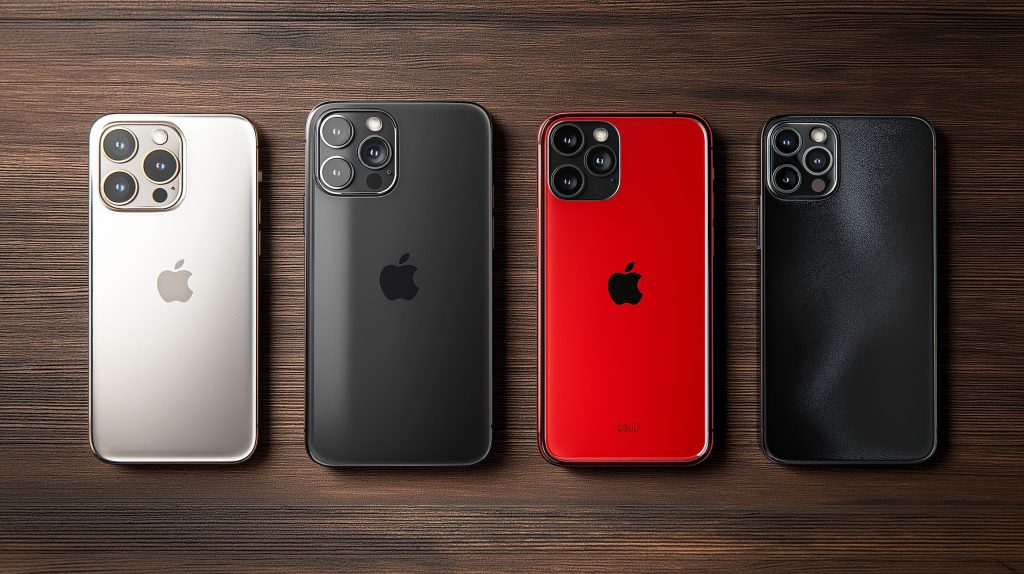
מכשירים מתקפלים, מכשירי דגל והדלפות: חדשות הסלולר הגדולות ביותר (31 באוגוסט – 1 בספטמבר 2025)
הכרזות והשקות מכשירים עיקריות סדרת Google Pixel 10 – הבינה המלאכותית במרכז הבמה: החדשות הגדולות של Google היו השקת הסמארטפון Pixel 10 באירוע "Made by Google" שנערך ב-20 באוגוסט בניו יורק. הוצגו ארבעה דגמים – Pixel 10, 10 Pro, 10 Pro XL,